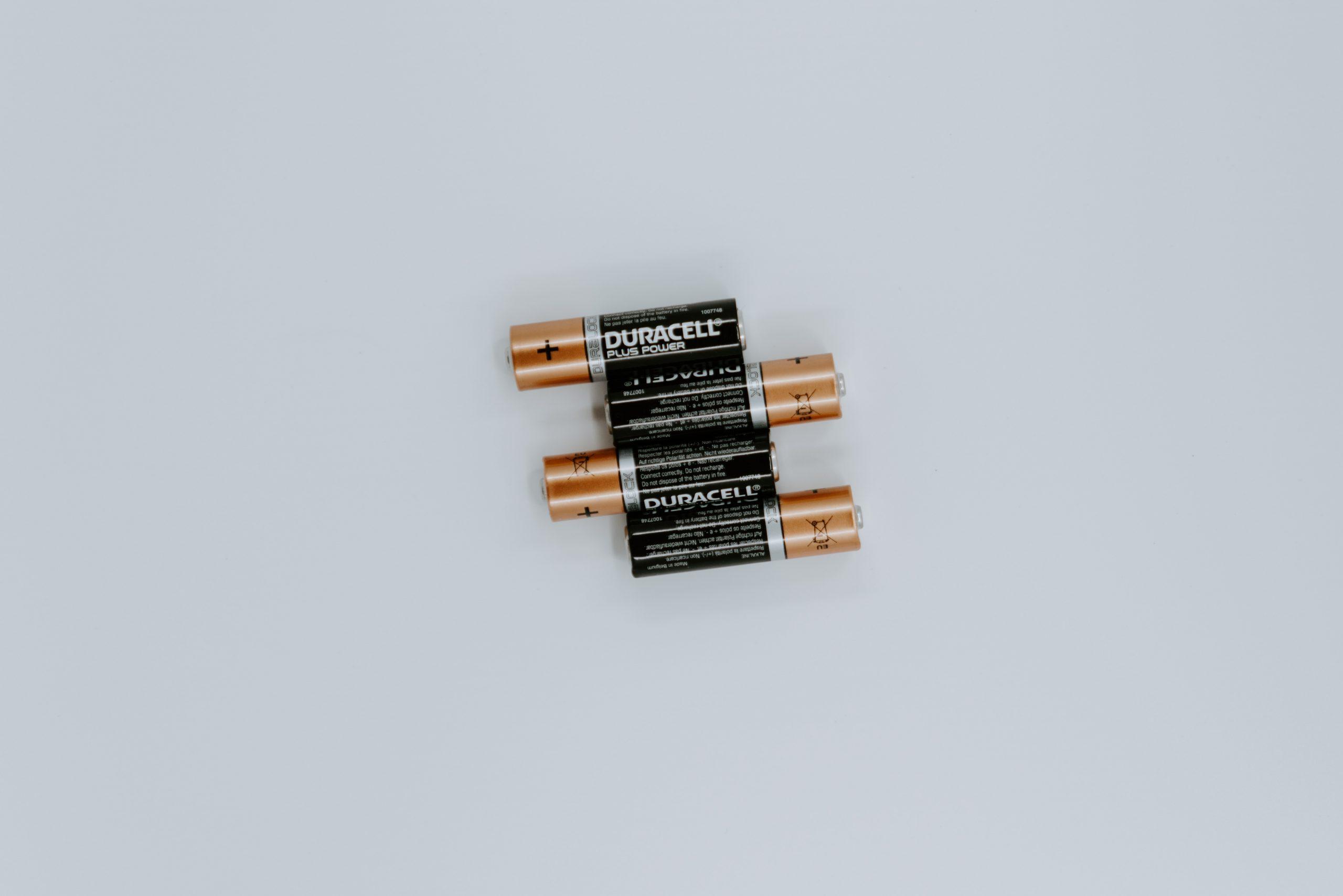A scary problem might be lurking in your old household electronic devices like mobile phones, laptop computers and tablets, motorized toys, power tools, cameras, headphones and even electronic cigarettes: zombie batteries. If they are not recycled properly and end up in household waste, dead batteries can still cause dangerous incidents – hence the name “zombie batteries” which are causing hundreds of fires a year at waste and recycling sites.
Too many lithium-ion batteries are going into either recycling bins or trash bags, where they are easily damaged by sorting equipment when they make it to recycling facilities and start to burn. When compressed in the back of a waste collection truck or by the equipment at a recycling center, they can easily be punctured, causing a spark that can quickly ignite a fire fueled by the surrounding waste and recyclable materials. And the threat zombie batteries pose on fire professionals, waste-industry workers and facilities is real. As of mid-2019, there were 323 reported fires at waste and recycling facilities in the U.S and Canada, according to Fire Rover, and year to year, facility fires are trending up as more lithium-ion batteries go into the waste stream.
That’s why it’s so important to recycle old electronics the right way. Republic Services, the nation’s 2nd largest recycling and waste company, offers some tips for safely disposing of all household e-waste and lithium-ion batteries.
- Cell phones, computers and printers. Many local Republic Services facilities collect e-waste throughout the year, especially in the spring and fall – check RepublicServices.com for options, or search Earth911 or Call2Recycle to find an e-waste drop-off site near you. Republic Services also offer an electronics recycling mail-back program. Gazelle will even pay you for your old electronics when you mail them in (free label!) Another option is to donate them!
- Electronic toys. If toys are still in good working order, it’s best to donate them so they can continue to be enjoyed by more children. However, if they’re broken or damaged beyond reuse, the next best thing is recycling – but not in your residential bin. Check with the toy manufacturer to see if they offer a recycling program for their products. If that’s not an option, you can try safely separating the batteries, plastic, metal and electronic components to dispose of them separately. For the electronic components, check with a local electronics recycler to see if they accept the items.
- Batteries. Several chain stores across the country offer free collection boxes for used household batteries. Go to Call2Recycle for information and to find a drop-off site near you.
Photo by ?? Claudio Schwarz | @purzlbaum on Unsplash


